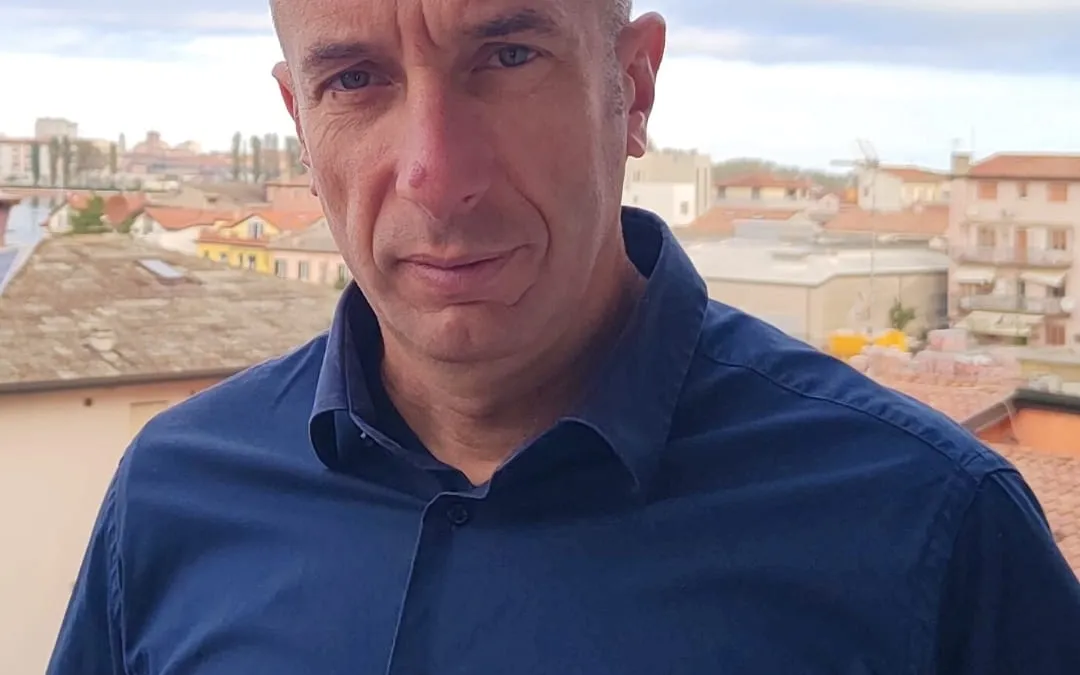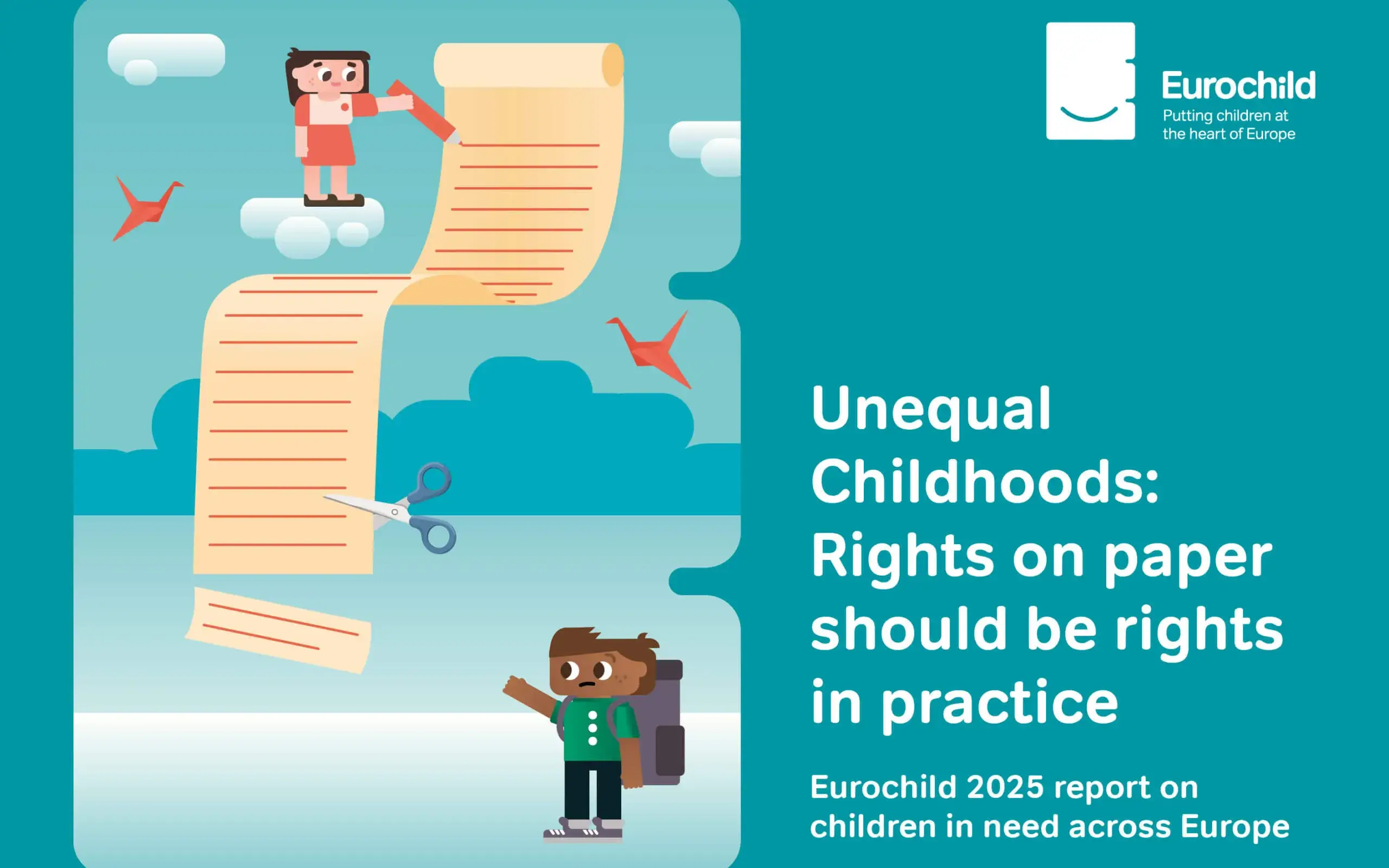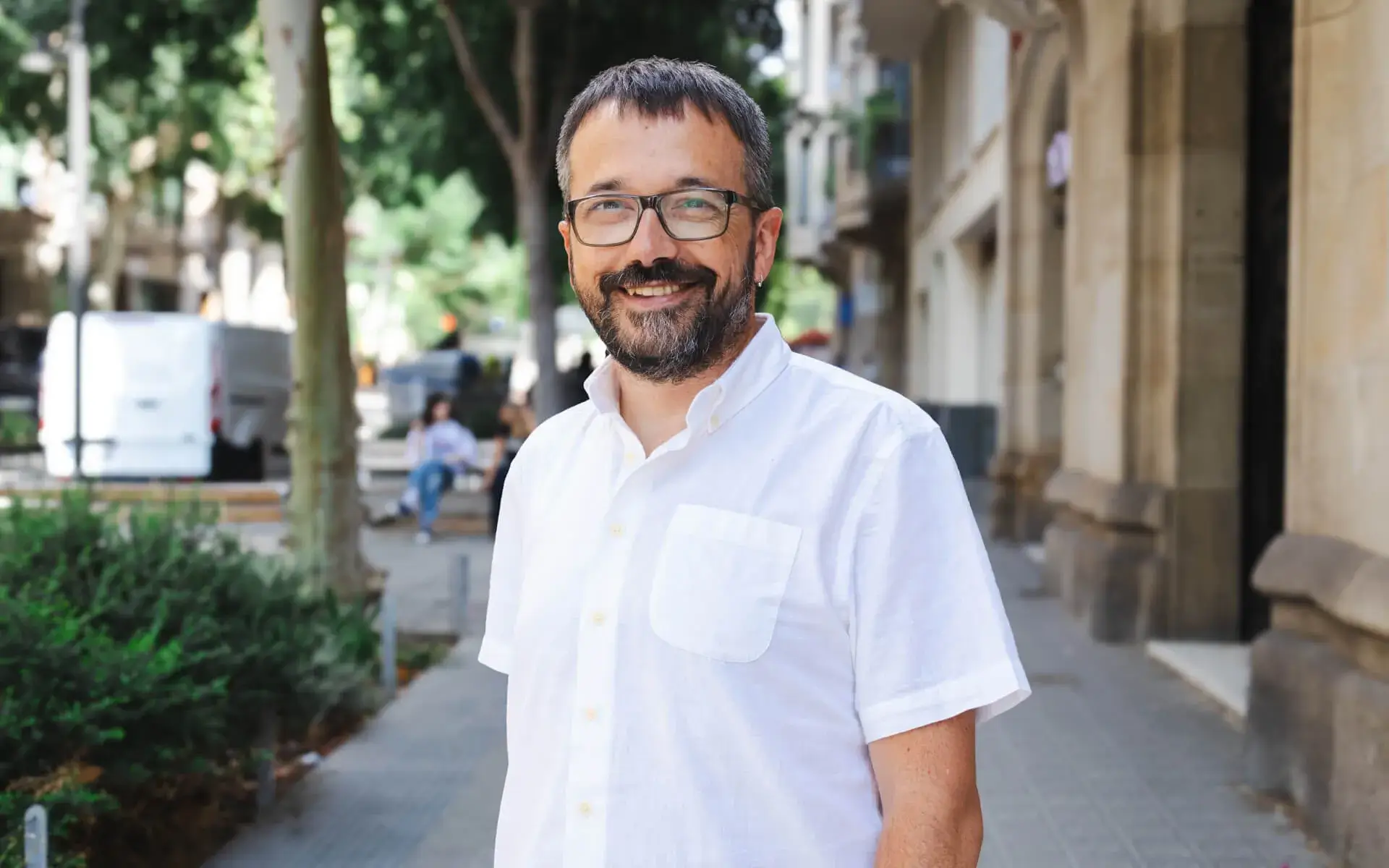Mattia de Bei: "In Italy, the phenomenon of unaccompanied migrant minors is significantly emerging"
The National Welcome Community Coordination (CNCA) is an italian association for social promotion that includes more than 260 organizations throughout Italy. It operates in areas of need and marginalization with the aim of promoting citizenship rights and social welfare.
On the occasion of World Children's Day, we interview Mattia de Bei, member of the board of the CNCA network - National Coordination of Host Communities (Italy), a network of organizations and people who work to improve the conditions of marginal groups. The CNCA has been one of the collaborating entities in the organization of the day 'Social Europe: A new impetus to local and European action in defense of children's rights', promoted by the Children's Platform of Catalonia (PINCat), together with Diplocat, and held last Thursday, November 16. On the occasion of the celebration.
In this conversation, de Bei exposes the challenges faced by children in Italy and explains what their task as an organization is to ensure their well-being.
What's the CNCA guiding mission? When and why was it established and what's its current agenda?
The CNCA was founded in 1982 by a group of people from all over Italy who had chosen to live in communities and welcome individuals facing difficulties, as a lifestyle choice, based on sharing, asserting a different idea of "normality." The mission of CNCA is to promote opportunities for dialogue and synthesis among diverse welcoming experiences in different territories, to initiate theoretical reflection starting from practices, and to establish itself as a political and cultural entity on the topics of marginality, social disease and collective well-being.
What type of members does the CNCA have? What type of activities do they develop?
The CNCA is a national federation composed of more than 260 organizations, NGOs, volunteer associations and social promotion associations. It is active in almost the entire national territory and operates in all sectors of social disease and marginalization, with the aim of promoting citizenship rights and social well-being.
What type of challenges are impacting children in Italy these days, old and new, as perceived in the work of your network?
The frontier of protecting the rights of citizens, especially the youngest and those in conditions of vulnerability and marginality, is becoming increasingly critical and requires constant attention from public policies, as well as the efforts of civil society organizations, which often play a crucial advocacy role. In Italy, at this moment, the phenomenon of unaccompanied migrant minors is significantly emerging. They are reaching Italian territory through the Mediterranean or the so-called Balkan route without reference adults. Many examples of innovative practices are developing around this phenomenon.
What type of projects did the CNCA or its members develop to promote and protect children rights?
The CNCA has a history of over forty years of action in safeguarding and protecting minors, with many initiatives that have experimented with best practices and often implemented innovative actions. Some particularly significant projects have been launched to support boys and girls living outside of families in reception facilities and who are moving towards independence after turning 18.
Another noteworthy project is the "Terreferme" project, developed by UNICEF and CNCA since 2017, with the aim of promoting foster care and family solidarity for unaccompanied foreign minors. This project has established virtuous networks of skills and relationships among professionals, foster families, institutions and the educational community to guide these young individuals towards integration and autonomy.
How do you collaborate and partner with local, national and European stakeholders in these projects?
CNCA is a network of organizations but also a promoter and facilitator of third-level networks, partnerships among NGOs, associations and institutions. Primarily through active dialogue and alliances: this action has often led to the realization of common initiatives, both on the operational and political and advocacy fronts. Among CNCA's objectives is also the construction of alliances at national and international levels, opportunities to deepen knowledge on topics of interest, but above all, to build shared actions and develop new best practices and projects.







Add new comment